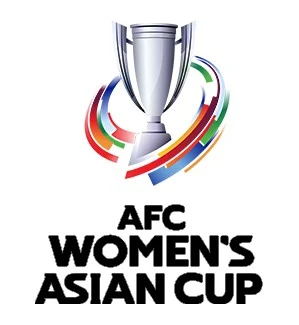The roar of the Bengal Tigresses
echoes across Asia! Having secured a historic qualification for the AFC Women's
Asian Cup Australia 2026, Bangladesh's women's football team now faces their
biggest challenge yet. This isn't just about participation; it's about making a
statement on the grandest Asian stage.
Opponents and Game Plan
The road ahead is undoubtedly
steep. As a Pot 4 team, Bangladesh will likely face continental heavyweights in
the group stage. Imagine clashing with the likes of Japan, Australia, or China
from Pot 1 – teams with a rich history and established professional leagues.
From Pot 2, South Korea is a strong contender, while Pot 3 could throw up
formidable opponents such as Vietnam, Chinese Taipei, or the Philippines, who
have all shown considerable progress in recent years. These are sides that
boast tactical sophistication, technical prowess, and a relentless attacking
flair.
For head coach Peter Butler and
his squad, the game plan must be meticulously crafted. Against superior
opposition, defensive solidity will be paramount. Expect a disciplined
backline, with vigilant marking and swift counter-attacks as their primary
weapon. The pace and agility of players like Tohura Khatun and Ritu Porna
Chakma will be crucial in exploiting any gaps left by attacking giants.
Midfield general Maria Manda will need to orchestrate the defensive shape and
initiate quick transitions. Set pieces, both offensive and defensive, will also
be vital in snatching precious points.
The Role of International
Friendlies and BFF's Support
The most critical course of
action, however, lies in arranging and participating in a robust schedule of
international friendly matches. Nine months is a tight window, but it’s enough
to gain invaluable experience. Playing against teams from East Asia, Southeast
Asia, and even a couple of European or African nations, would expose the Tigresses
to diverse playing styles and higher levels of intensity. This is not about
winning every friendly, but about learning, adapting, and building confidence
against elite opposition. Regular exposure to such high-pressure scenarios will
be indispensable in bridging the gap.
The Bangladesh Football Federation (BFF) plays a crucial role in enabling this preparation. Their commitment to the women's team has been evident in the recent successes, including securing the qualification. Moving forward, the BFF's benefits to the team will be multifaceted:
Financial backing: Providing the
necessary funds for training camps, international travel, accommodation, and
quality coaching staff.
Logistical support: Arranging the
crucial international friendly matches against suitable opponents, both home
and away.
Player development pathways:
Investing in youth programs and talent identification to ensure a continuous
pipeline of skilled players for the senior team.
Infrastructure improvement:
Enhancing training facilities and resources that meet international standards.
Promotional efforts: Raising the
profile of women's football in Bangladesh, inspiring more young girls to take
up the sport, and attracting sponsors.
By providing these essential
benefits, the BFF can ensure the Tigresses arrive in Australia not just as
qualifiers, but as contenders eager to leave their mark. The nation holds its
breath, ready to witness its golden girls write another glorious chapter in
Bangladesh football history.






